Shipping goods internationally, especially across vast oceans, brings plenty of risks to consider—and your cargo’s safety is at the top of that list. Yet, regarding protection, the terms carrier liability and cargo insurance are often confused. While both offer coverage, they differ significantly in scope and limitations.
Understanding the meaning and key differences between carrier liability vs cargo insurance can help you make the right choice for your shipments, minimizing financial risk and securing peace of mind as your cargo travels from port to port.
What is Carrier Liability?
Carrier liability refers to the basic coverage a shipping carrier provides for goods in transit. The carrier is responsible for covering a certain amount of potential loss or damage, but this coverage is limited. The coverage amount often depends on various factors, including the type of commodity, its freight class, weight, or even the shipping unit.
However, carrier liability has some notable limitations. It doesn’t cover damages from natural events—known as “acts of God”—or mishaps from improper packaging. Additionally, if you’re shipping used goods, coverage is typically reduced. This limited protection means that while carrier liability is included in your standard shipping cost, it may fall short of covering your cargo’s actual value. As a result, carrier liability offers a basic safety net but doesn’t guarantee full protection for your shipment.
What is Cargo Insurance?
Cargo insurance is a specialized type of insurance designed to fully protect the value of your shipment during transit. Its primary purpose is to cover the full cost of your goods, safeguarding you from financial loss should anything go wrong. Unlike carrier liability, which offers only limited coverage, cargo insurance provides comprehensive protection.
With cargo insurance, coverage is based on the actual value of your goods, so you’re adequately protected regardless of the cargo’s worth. This insurance goes beyond basic liability, offering a broader shield against various risks, including damage caused by external factors like severe weather, accidents, and other unpredictable events.
Ultimately, cargo insurance ensures that your shipment is fully protected, giving you the confidence that your valuable goods are safe throughout the journey.
Carrier Liability VS Cargo Insurance
| Factor | Carrier Liability | Cargo Insurance |
| Definition | Basic coverage provided by the carrier for goods in transit. | Separate insurance policy covering the full value of the shipment. |
| Coverage Scope | Limited coverage based on commodity type, freight class, weight, or shipping unit. | Comprehensive coverage for the total value of the goods. |
| Inclusions | Covers specific types of damage under controlled conditions. | Covers a wide range of risks, including natural disasters, accidents, and external factors. |
| Exclusions | Excludes “acts of God” (e.g., storms, earthquakes), improper packaging, and damage to used goods. | Few exclusions; generally excludes extreme negligence by the shipper but covers most other scenarios. |
| Claims Process | Requires proof of the carrier’s fault; claims must be filed within 9 months of delivery or incident. | Requires only proof of value and loss, with claims typically settled within 30 days. |
| Cost | Included in the shipping cost, but typically limited in value. | Charged separately, based on the actual value of the cargo. |
| Compensation Basis | Limited, often not enough to cover high-value cargo. | Based on the full declared value, offering full replacement or repair. |
| Applicability | Only covers specific situations determined by carrier policy. | Protects against most loss or damage scenarios, regardless of cause. |
| Best Suited For | Shipments with low-value items or low-risk routes. | High-value shipments, international transit, and riskier routes. |
| Proof of Fault Requirement | Must demonstrate the carrier’s negligence or error to qualify for compensation. | Does not require proof of carrier negligence, making the process simpler |
When to Choose Cargo Insurance?
Deciding whether to opt for cargo insurance can make a big difference in how well-protected your shipment is during transit. Here’s when choosing cargo insurance over basic carrier liability is essential.
- When Your Freight’s Value Exceeds Carrier Liability Limits
Carrier liability only offers limited compensation, which may not cover the full value of high-value shipments. Opting for cargo insurance bridges this gap, ensuring your valuable items are fully protected.
- For High-Value or Sensitive Shipments That Need Full Protection
Items that are costly or fragile demand comprehensive coverage. Cargo insurance provides this added layer of security, covering the full replacement value of sensitive shipments.
- When the Financial Impact of Claim Denials or Delays Is High
A denied or delayed claim can cause severe financial setbacks. Cargo insurance provides a simpler, faster claims process, reducing the risk of costly delays.
Get Comprehensive Protection with Intoglo’s Marine Cargo Insurance
Intoglo, a door to door cross border logistics provider from India to the USA offers marine and cargo insurance to clients upon request. With coverage beyond basic carrier liability, you can protect your shipments from unforeseen events, ensuring a smooth, secure shipping experience from India to the USA.
Deciding the Best Option
Choosing the right protection for your shipments requires assessing several vital factors. Here’s what to consider when deciding between carrier liability and cargo insurance.
- Evaluate Shipment Value, Risk, and Business Needs
High-value goods, fragile items, or shipments in high-risk routes often need more protection than carrier liability offers. Assess the value of your cargo and the level of risk involved to determine if comprehensive coverage is necessary.
- Consider Both Carrier Liability and Cargo Insurance for Complete Protection
While carrier liability provides a basic level of coverage, it may not suffice for valuable or sensitive shipments. For added peace of mind, many shippers combine both options to ensure complete protection against various risks.
- Consult Logistics or Insurance Experts for Tailored Solutions
Every business has unique needs. Consulting with logistics or insurance professionals can help you identify a solution that meets your business shipment needs.
Your Comprehensive Door-to-Door Logistics Partner for India-to-USA Shipping
Secure your shipments with tailored coverage backed by Intoglo’s expertise in end-to-end logistics for seamless international shipping. Unlike consultants or marketplaces, Intoglo works directly with shipping lines, truckers, and customs brokers, ensuring seamless, efficient shipments without intermediaries. Intoglo has served 200+ clients, including MSMEs, D2C brands, and large enterprises with responsive teams in India and U.S. time zones for smooth communication.
Conclusion
Understanding the differences between carrier liability and cargo insurance is essential for making informed shipping decisions. Carrier liability provides basic coverage but often falls short for high-value or sensitive shipments. Cargo insurance, on the other hand, offers comprehensive protection, covering the full value of your goods and a broader range of risks. By selecting the suitable option for your business, you can ensure your cargo’s safety and reduce potential financial losses.
Secure Your Shipments with Intoglo
Intoglo provides comprehensive marine cargo insurance for your high-value shipments. With operations spanning all major Indian ports—including Nhava Sheva, Mundra, Pipavav, and key ICDs like ICD Garhi, ICD Tughlakabad, ICD Chawapayal, and ICD Dadri—Intoglo offers nationwide pickup and seamless shipping from both dry and wet ports across India. Supported by offices in Delhi, Chennai, Mumbai, Ludhiana, and the USA, Intoglo ensures expert-backed, end-to-end logistics for your shipments from origin to destination.
Contact Intoglo to request customized coverage and protect your cargo with confidence.


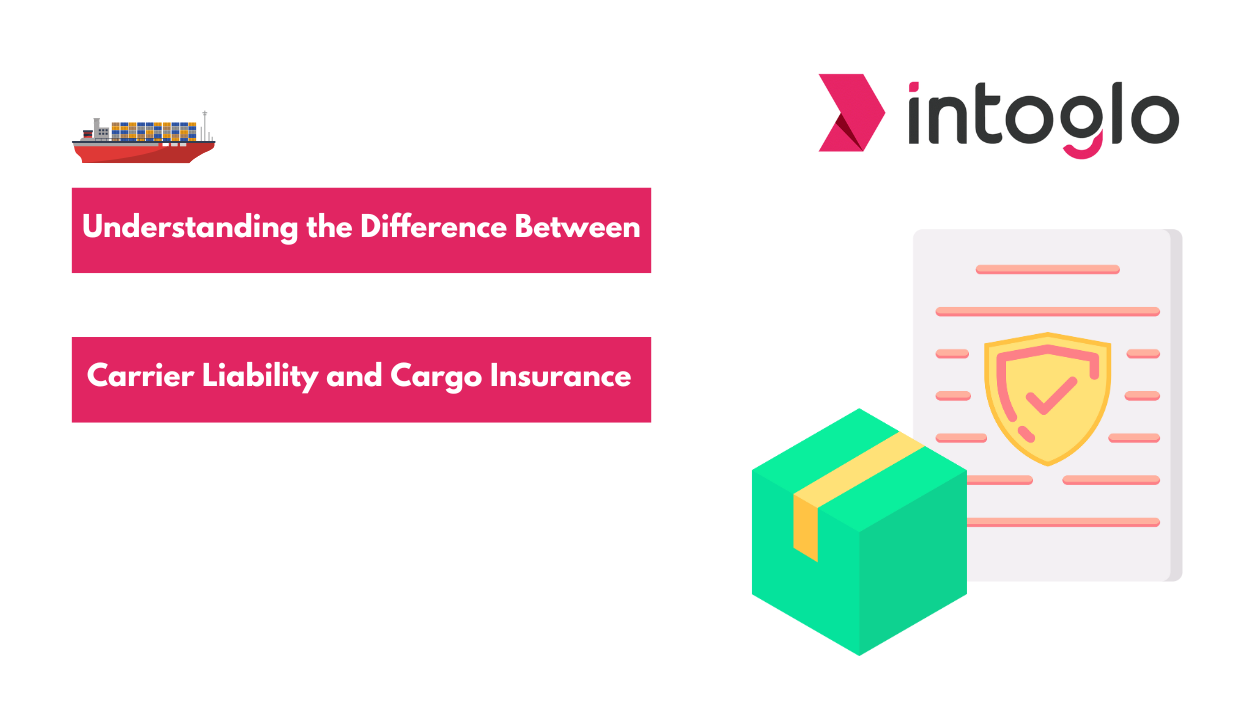
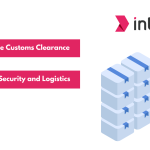
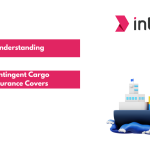
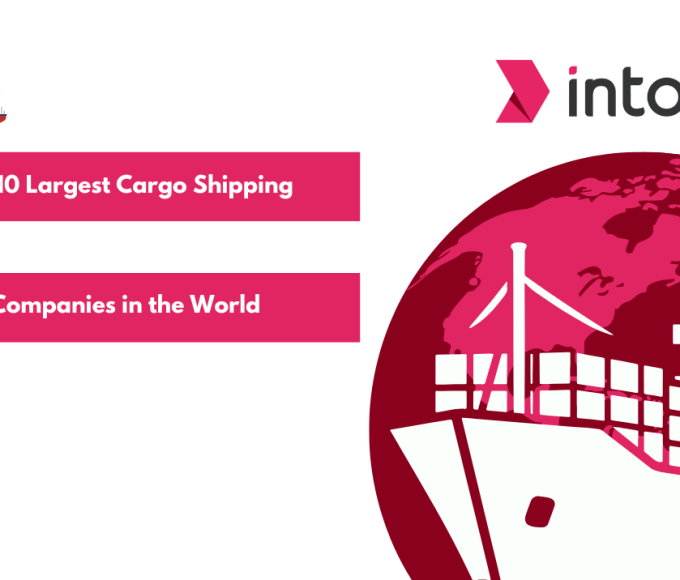
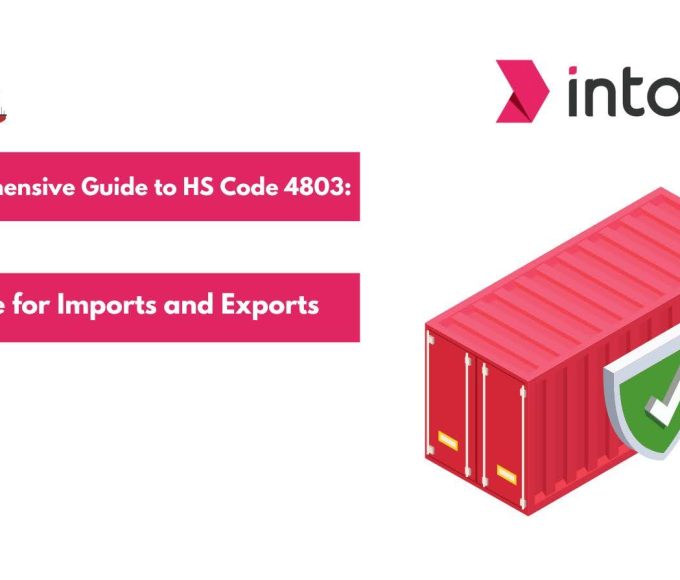
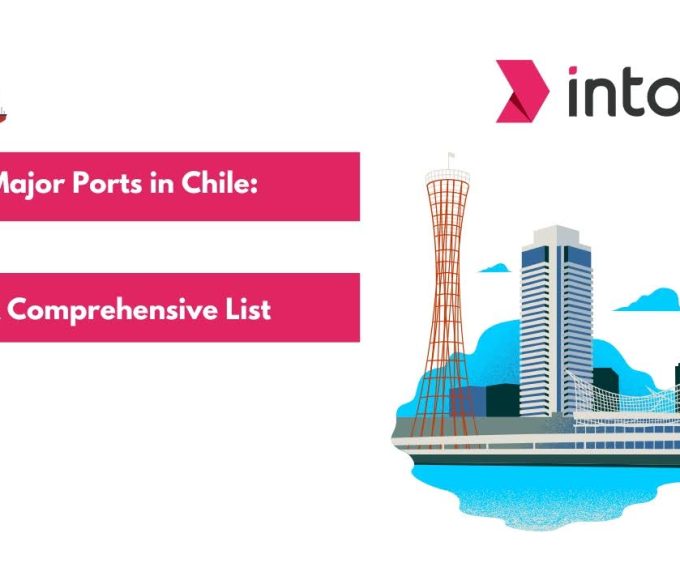
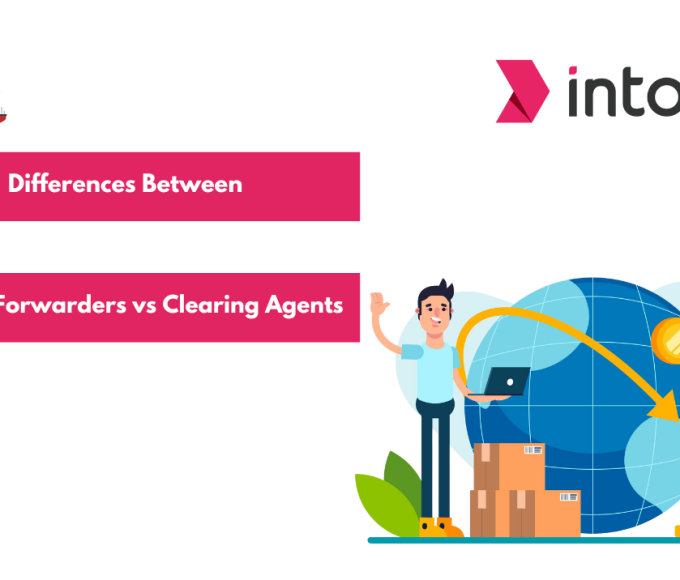
Leave a comment